Winter is coming, but will classes be canceled?
Jan 28, 2019
After an uncharacteristically mild start to winter this year in Iowa, including December temperatures in the 40’s, the typical snow accumulations and freezing temperatures are well underway. As students brave icy sidewalks and gusty winds to get to class, many are left wondering: why does UNI cancel classes so rarely?
On Jan. 22 and 23, inclement weather led most K-12 schools in the Cedar Valley and many across central Iowa to cancel classes. Even Hawkeye Community College, Kirkwood Community College and most DMACC campuses canceled classes for one or both days. Cedar Falls and Waterloo received nearly five inches of snow, according to KCRG, but classes proceeded as scheduled for UNI students.
The non-cancellation was in line with UNI’s official weather policy, which states, in part, “It is the policy of the University to continue normal hours of operation and maintain a regular work schedule for staff members during periods of severe weather and/or adverse working conditions.”
“If we have severe weather, we generally stay open,” said Jim Wohlpart, UNI provost and executive vice president for academic affairs, who is responsible for determining whether or not UNI cancels or delays classes during inclement weather. “We’re different from the K-12 system. The K-12 system has buses that go out on rural highways and they’re dealing with kids. Everybody who we’re dealing with is an adult. Our policy goes on to state that we expect people to take due care and caution and be responsible. If they can’t get here and it’s not safe, they shouldn’t come. That is a choice that they get to make.”
When deciding how inclement weather might affect the university, Wohlpart consults the senior vice president for finance and operations, Michael Hager. The snowstorm of Jan. 22 and 23 was no exception.
“[Michael Hager] and I started talking and emailing and texting Tuesday afternoon. Here’s the weather forecast — are you looking at this? Here’s what it looks like. Here’s the peaks. Here’s the lows,” Wohlpart said. “Before we go to bed, we’re texting and emailing [. . .] At five o’clock [Wednesday morning], Michael Hager drives to campus. So, he’s on campus checking if the grounds crews have gotten up here. They were up here at 3 a.m. Sidewalks were cleared. Roads were cleared. He was driving around on the roads. All the main arteries were cleared.”
Wohlpart and Hager spoke several times between 5 and 7 a.m. last Wednesday. In their decision-making process, they rely heavily on weather forecasts from various sources. They are also in continuous communication with the grounds crew to ensure they are able to clear the snow around campus.
“If it’s snowing a certain amount, [the grounds crew] can’t get things cleared,” Wohlpart said. “When I got up here at 7, everything was clear. By 8, none of the sidewalks were clear, and they just couldn’t keep up with it because it started coming down really hard. So then I could’ve canceled it at 8, [but then] it’s supposed to stop at nine and they’re on top of it, so what do you do?”
With the roads and sidewalks clear, Wohlpart and Hager decided not to delay. According to the forecast at the time, the snow was supposed to slow down at 7 a.m. and stop at 8.
“Unfortunately, that’s not what happened,” Wohlpart said. “The snow picked up at 7 o’clock and lasted until 9:30. If that had been the forecast, in hindsight, we probably would have had a very different conversation.”
When Jacob Duffield, a junior majoring in social work, arrived on campus Wednesday morning, he was shocked that even University Avenue was not cleared.
“I’ve been able to make it through the weather most of the time,” Duffield said. “But I know that there’s a lot of students who live an hour away that unless the interstate’s cleared off, they’re not gonna make it.”
While Duffield had a relatively short commute to campus from Waterloo, other students like Jalissa Snyder traveled much further — 45 minutes, to be exact.
“That storm [Wednesday] was kind of iffy, but I made it,” said Snyder, a junior majoring in philosophy. “I was kind of shocked I made it. Maybe a delay would have been nice, but it is what it is. And you get out of college what you put into it. So it also gives those students a chance who actually want to be here to come. And if someone isn’t able to come due to weather, then talk to the teacher about it.”
Wohlpart believes that regardless of cancellations or delays, inclement weather is a disruption in people’s lives.
“That’s why we say very clearly in the policy: your safety is most important to us,” Wohlpart said. “You need to make sure you take care of your safety. If you can’t get out of your driveway or can’t get here, then you need to talk to your teacher if you’re a student. Talk to your supervisor if you’re staff.”
In Wohlpart’s experience, UNI’s infrequent delays and cancellations are standard fare for universities. Ames and Iowa City each got one to two inches of snow last week, but Iowa State University and the University of Iowa still held classes.
In the three and a half years Wohlpart has been UNI’s provost, the university has delayed classes twice and canceled once. The cancelation occurred during his first year at UNI during the 2015-2016 winter.
“My very first call I had to make was a big storm is coming in. The day before I canceled classes the next day,” Wohlpart said. “And the storm didn’t come. The joke was here’s the new provost from Florida — I spent 21 years in Florida — that was the joke. I got lots of feedback from students and they still rip me about this — which is fine. Here’s the provost from Florida, canceled classes because he’s afraid of a little snow.”
With the windchill predicted to plummet to extreme sub-zero temperatures next week, students are encouraged to make decisions that are best for their safety, whether or not classes are canceled.


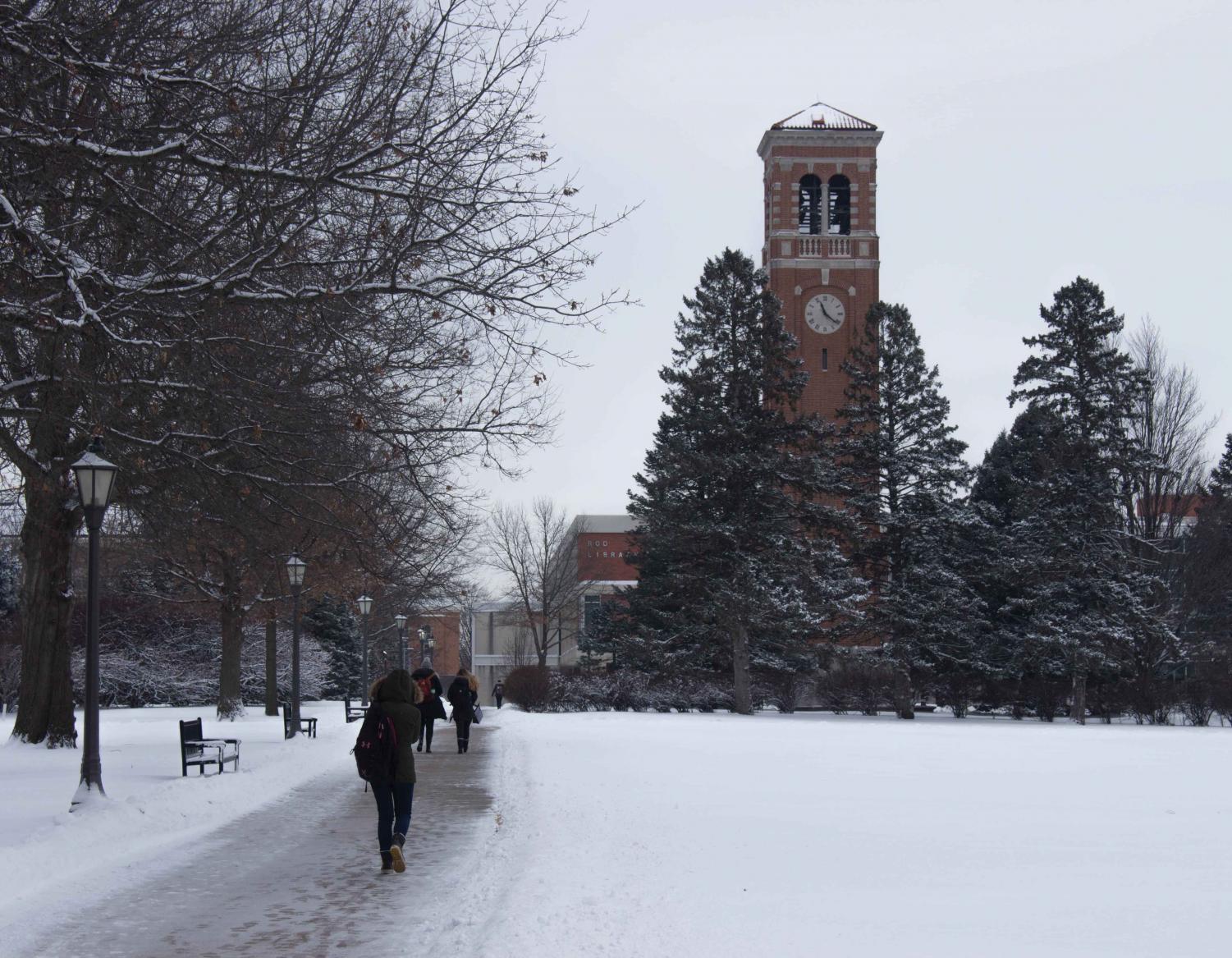
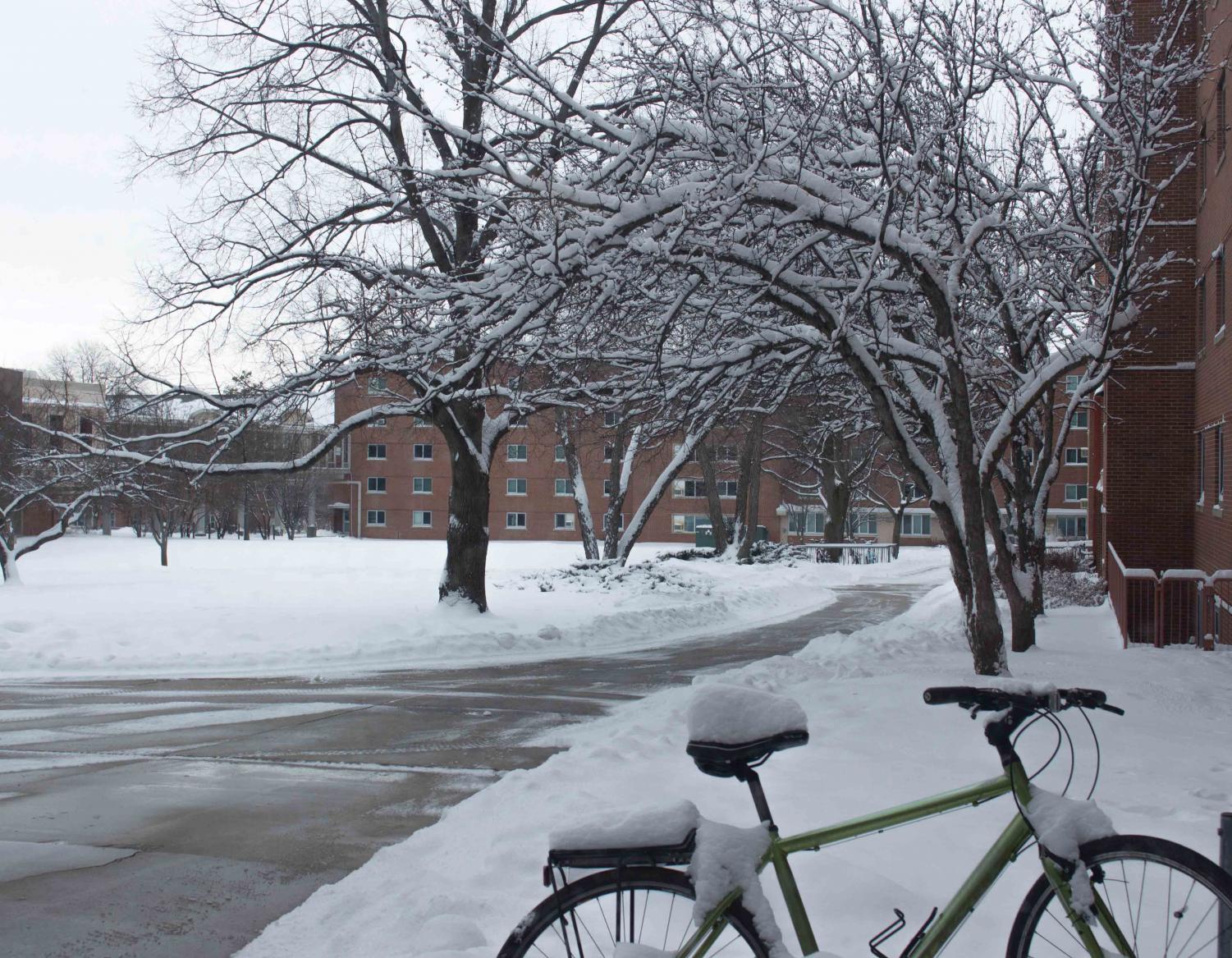
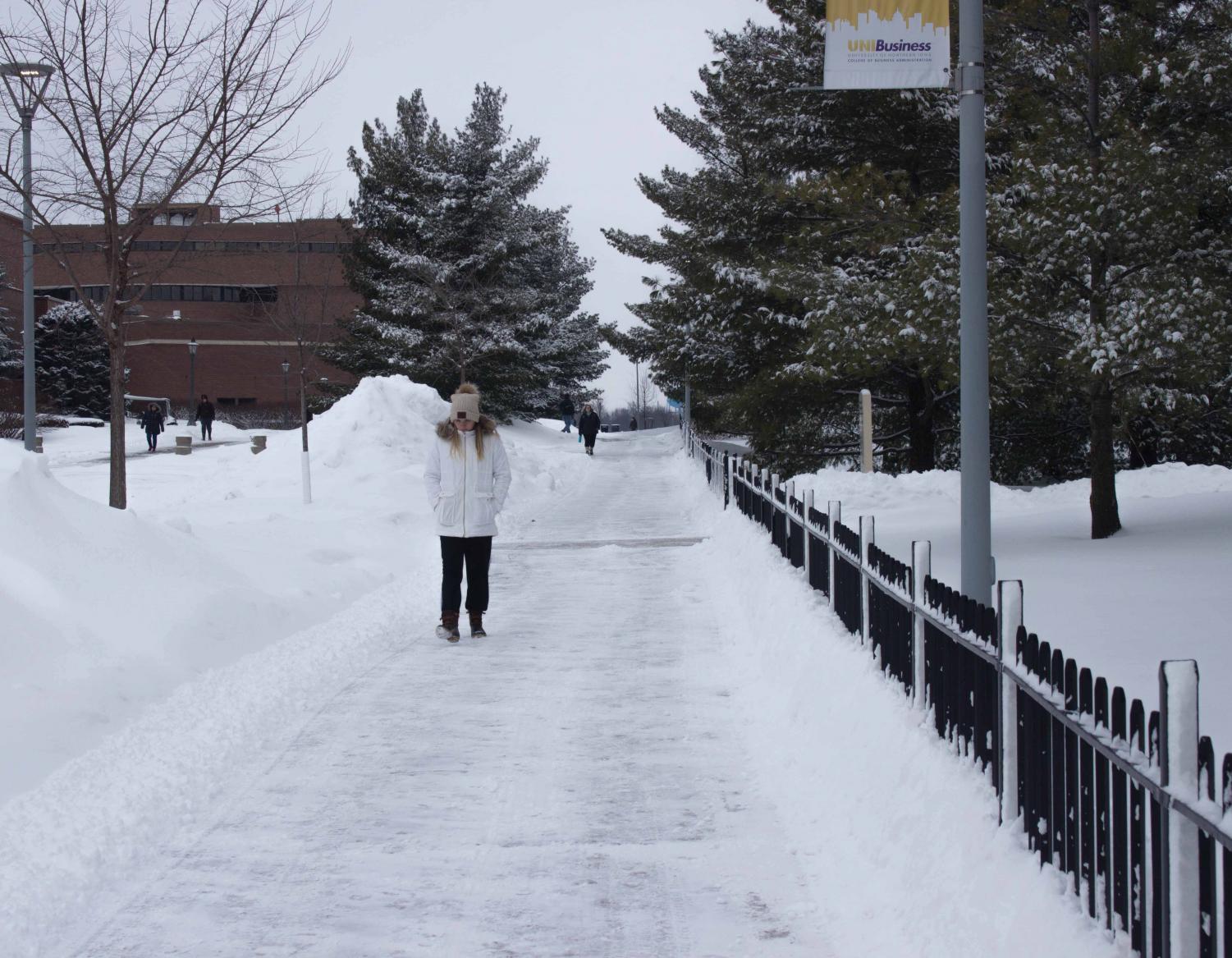
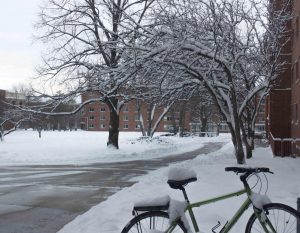
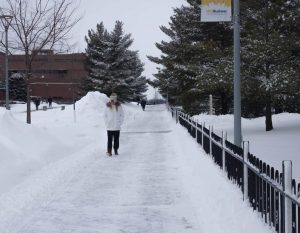
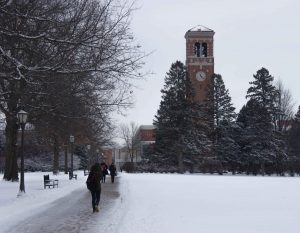







Trey • Jan 28, 2019 at 8:59 pm
Get your facts right. UNI canceled classes last year 2017-2018 for a snow day. There was not one time for the last 3 and a half years.